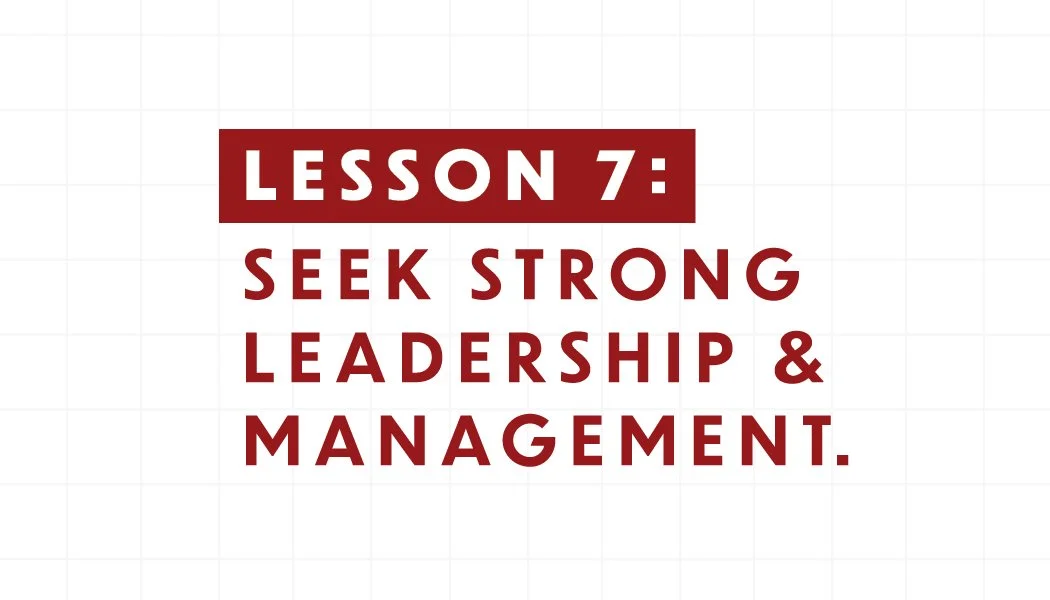The best decisions are based on the best science, but the best results also require strong leadership and management.
In public health, understanding the science of a problem and its solution is necessary but not sufficient. Solutions need to be implemented, programs need to be managed, and results need to be delivered. This requires both strong leadership and skilled management. Delivering results requires skills that scientists do not always possess. These are skills that can often be found in businesses where success is not measured by the number of scientific papers published and guidelines written, but in products delivered.
PART 7.1
In early 1974, smallpox outbreaks were appearing in areas of India that had been smallpox-free for months. After a week of plotting the epidemic with pushpins on hand-drawn maps, a pattern emerged. Each outbreak began with a working-age young man who had returned home to his village. These cases were “importations.” The young men had come from—or traveled through—the bordering state of Bihar. Cases were originating in Tatanagar, the company town of the corporate behemoth, Tata Companies. Tatanagar, a city in the state of Bihar, had no centralized government, and no public health structure in place. Such an outbreak would require finding every case of smallpox and engineering a ring of immunity around it, tracing each outbreak to its source, posting watch guards, and vaccinating nearly every one of the three-quarters of a million residents of the area. But there was no army, public health corps, or centralized entity to manage such an effort.
FEATURING
Dr. Larry Brilliant, CEO of Pandefense Advisory
Dr. Girija Brilliant, Co-founder of Seva Foundation
PART 7.2
One of the most challenging things for vaccinations is reaching those who live “at the end of the road”—those who are geographically isolated due to distance or living in hard to access regions. A well-functioning delivery system is one that reaches the patient at the point-of-care. Such a system is essential for adequate access to and availability of vaccines. But, while across Africa, governments and donors are investing billions of dollars to strengthen health systems and make affordable medicines available, government supply chains often struggle to get medicines and supplies through the last mile to the health facilities and to the people who need them most.
FEATURING
Dr. Seth Berkley, CEO, Gavi, The Vaccine Alliance
PART 7.3
Story A
Many programs rely on volunteers to do parts of the work. But, utilizing, motivating and managing volunteers is often tricky for NGOs to do effectively.
Story B
In 2016, Nepal became the first country in the region to implement a national immunization act, which ensured that all children have the right to vaccines. Nepal’s geography represents a barrier to the delivery of health services. Eighty percent of Nepal’s population lives in rural areas, many of which are difficult to reach by road or air. These challenges resulted in a high child mortality rate and low vaccination coverage together with a lack of political support and funding.
FEATURING
Steve Stirling, President and CEO, MAP International
Dr. Sameer Dixit, Director of Research, The Center for Molecular Dynamics
The best decisions are based on the best science, but the best results also require strong leadership and management.
A good manager will know how to break tasks down into manageable parts.
The corporate or business sector can often contribute skilled managers and share management skills to help address public health delivery needs.
Effective management requires skilled management of meetings, projects, and people.
There is power in management and leadership partnerships, especially when these complement and build upon evidence-based strategies and incorporate continuous improvement.
Tenacity and passion are not enough to solve problems. Management and leadership are needed to create action.
Leading people by engaging in a personal way helps inspire others.
Sharing success stories is a critical management tool. A willingness to honestly explore and learn lessons from unsuccessful stories, i.e. our mistakes, may be even more important.
Community engagement, strong data management, and reporting systems across all levels of a health system, can support improved access to vaccines and other healthcare solutions.
LESSON 7:
THE BIG IDEAS
To learn more about this topic, refer to the additional resources below. For in-depth concepts, refer to the deeper dives. Click the glossary link to find key terms in this lesson.
Additional Resources
Global Health Leadership and Management 1st Edition - William H. Foege, Nils Daulaire, Robert Black, Clarence Pearson
The Fears of the Rich, the Needs of the Poor: My Years at the CDC - William H. Foege
House on Fire: The Fight to Eradicate Smallpox - William H. Foege
Howard Hiatt: How This Extraordinary Mentor Transformed Health with Science and Compassion - Mark L. Rosenberg
World Health Organization. Global Vaccine Action Plan 2011-2020. 2013. 978 92 4 1504980.
World Health Organization. Immunization Agenda 2030: A Global Strategy to Leave No One Behind.
Batson A, Bernson J, McIlvaine B, Digre P. Data innovations and insights: Novel approaches to using data to inform equity-related decision-making. Equity Reference Group for Immunization; 2018.
World Health Organization. WHO recommendations for routine immunization - summary tables.
No product, no program: The critical role of supply chains in closing the immunization gap. Matshidiso Moeti, Robin Nandy, Seth Berkley, Steve Davis, Orin Levine. Vaccine. 2017;35(17):2101-2102. DOI: 10.1016/j.vaccine.2017.02.061.
Deeper Dives
Exemplars research is studying best practices from around the world and what has worked to build better systems for vaccine delivery that can reach and protect all children. This includes work in Nepal with Exemplars research partner Samir Dixit. Learn more here: Vaccine Delivery.
Exemplars research partners from Senegal share their perspective on how Senegal mitigated the impact of COVID-19 on routine childhood immunizations in Senegal. Learn more: Senegal Immunization.
Electronic Immunization Registries (EIRs) have been a successful tool to monitor drops in immunization in real time and support leadership to act quickly. Learn more about how this approach was used in Pakistan to achieve pre-COVID-19 routine immunization rates and address gender disparities: EIRS.
LESSON 7:
Additional resources
THIS LESSON WAS MADE POSSIBLE BY THE FOLLOWING CONTRIBUTORS
Kate Adelung, Shalimar Adorno, Nina Alcacio, Michael Bartenfeld, Sarah Borgman, Amanda Brayman, Hannah Burris, Amy Carzo, Prarthna Desai, Gabriel Diamond, Veronica Garcia, Gates Notes, Nathaniel Gerthe, Eric Hansen, Lynn Heinisch, Mary Hilpertshauser, Bruce Lowry, Amy Mayberry, Nancy Messonnier, Ben Pyne, Sumon Ray, Svetlomir Slavchev, Joel Stanojevich, Emily Staub, Kelly Stewart, Anushka Swalef, Lisa Valente, Bill Warren, Lisa Wiley, and Sydney Yang
Images and Videos provided by: Bill & Melinda Gates Foundation, CDC Public Health Image Library, Center for Molecular Dynamics, Nepal, Emory University, Gavi, The Vaccine Alliance, Getty Images, MAP International, Personal collection of Larry & Girija Brilliant, Personal Collection of Susmita Parashar, Personal Collection of Susmita Parashar, Shutterstock, and UNICEF
OUR FUNDERS
CONRAD N. HILTON FOUNDATION, CDC FOUNDATION, FORD FOUNDATION, GATES VENTURES, ROCKEFELLER FOUNDATION, SKOLL FOUNDATION, THE CARTER CENTER, THE TASK FORCE FOR GLOBAL HEALTH

